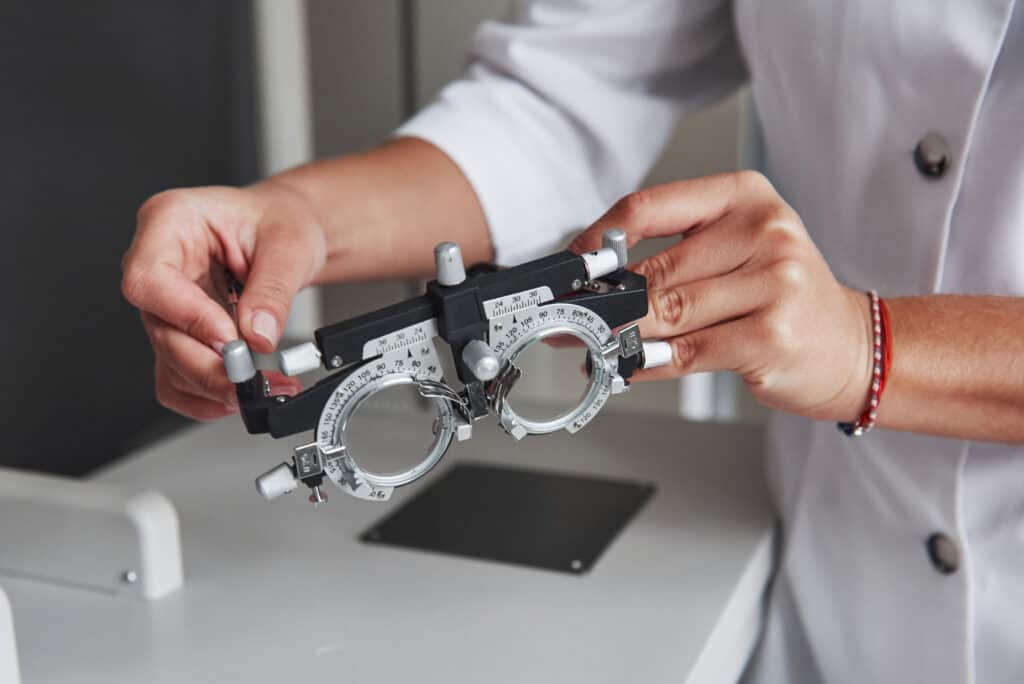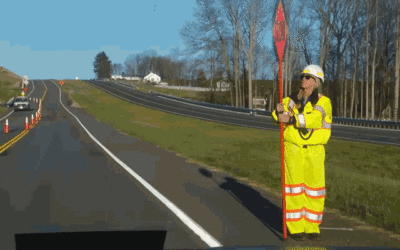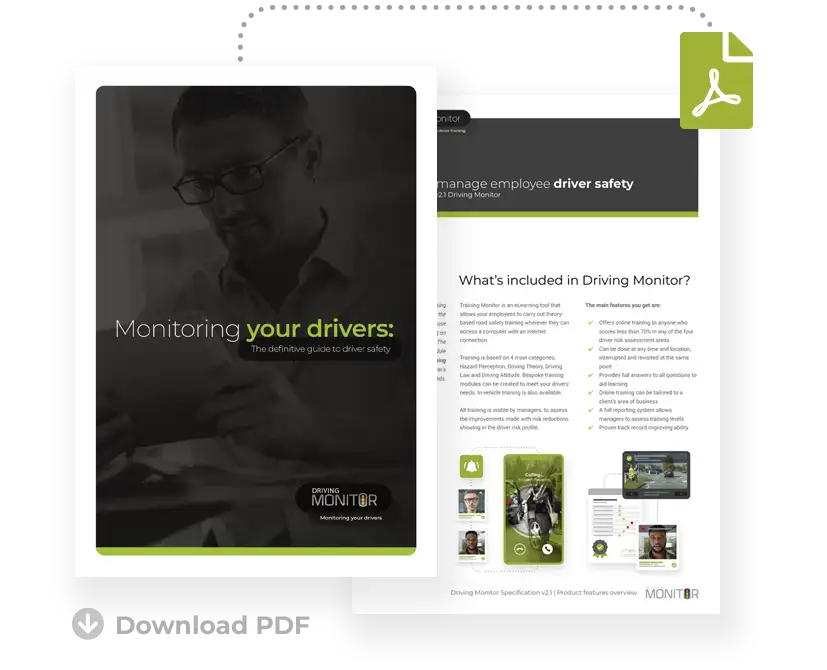Fleets Warned Over DVLA Policy Change That See Drivers Fined Up To £1,000

Fleet owners are being warned over a new DVLA policy that could see some drivers facing 3 points on their licence and a £1,000 fine.
The policy change is around drivers with eye conditions after concerns were raised by health professionals.
The Association of Optometrists (AOP) highlighted issues with the DVLA’s list of ‘Notifiable Health Conditions’ in 2022 and the DVLA has been working with experts to devise a new, updated list which is set to be published.
What Do The New DVLA Health Guidelines Mean?
One of the main issues that the DVLAs guidance had was that it didn’t go into enough detail and wasn’t specific enough with its advice.
In fact, the AOP has suggested that every driver in the UK should advise the DVLA when they have an eye test.
That’s a significant departure from the current guidance which simply affects those with eye conditions that might impact their driving.
Drivers will face penalties if bad vision is a factor in a driving accident, which is in addition to any other penalties and punishments. That’s because the policy is changing to clearly define how eye conditions are considered with regards to driving.
If a driver has an eye condition or fails to notify the DVLA about any issues with their vision, they face being banned from driving completely.
Specificity is the name of the game when it comes to rules around driving, as any fleet owner will know!
It’s why the new, clearer guidance around vision and driving is an important step forwards in improving safety on the roads for all road users. The guidance will be clear on what medical conditions will need to be reported to the DVLA, rather than having blanket guidance for all eye conditions.
What Does It Mean For Fleets?
In a way, this is good news for fleets.
With clearer guidance, it means internal policies can be more specific when it comes to drivers’ vision, making it easier to know what needs reporting and what doesn’t.
Many of the conditions on the list won’t need reporting but the DVLA will need updates on them, particularly if the effects become more severe.
There’s already a list of health conditions that the DVLA must be made aware of but the new list will include more specific guidance on conditions.
Conditions that need to be reported to the DVLA include strokes, heart conditions, operations on body parts such as your legs, and vertigo.
When it comes to driving and the DVLA, one of the most important processes for any fleet is checking driving licences and handling driver risks.
The thing is, I know there are plenty of employers and managers who don’t know exactly what, how, and when they should be doing these checks to stay legal and above board.
The DVLA have their preferred method of drivers ‘sharing’ their licence details via a code that lasts for 2 weeks.
Driving Monitor is an ADLV-accredited provider of exactly this type of software. But before you jump in and sign up to any new system, you’d be best off knowing exactly how you should be doing licence checks first.
To read our free guide to driving licence checking, head to www.drivingmonitor.com/7-secrets-to-driving-licence-checks and download your copy.










